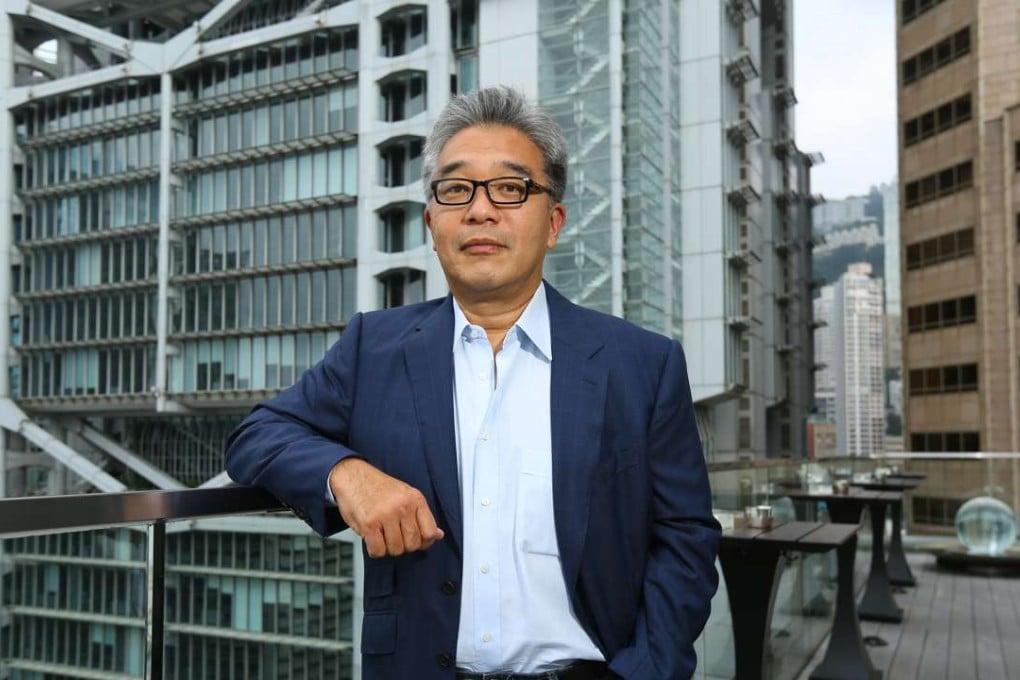Hong Kong philanthropist James Chen on why he believes eyesight is a human right
Founder of the Clearly campaign is spending his family’s wealth on giving the world vision

VISUALISING AFRICA My grandfather was not formally educated but he was politically savvy enough to escape from China in 1947. He moved to Hong Kong and started a business making and exporting pots and pans. He spotted that many of his customers were in Africa, so he set up our first African sales office, in Khartoum, in the Sudan. He opened factories in Ghana and Nigeria. When I was three years old, I went with my parents to live in Lagos, so my dad could run the business there. We lived in a large house right across the street from the factory and every meal time was filled with talk of business. We were part of a privileged expatriate community in Africa. It was a very pampered existence but, after primary school, I was sent to a boarding school in Lancashire, in England. We used to call it Stalag 13. It was difficult and I would give my parents a guilt trip for sending me to such a horrible place, but it was a key formative experience for me. Then my parents emigrated to the USA and I joined them. We lived in upstate New York and I went to the local high school while my father spent most of his time in Nigeria.
LIKE FATHER LIKE SON My dad was a sweet and sensitive man. When he retired from business he really wanted to give back to his home village in China (Qidong, Jiangsu province). My grandfather (Chen Zaomen) had taught him the importance of philanthropy from an early age. That was not unusual with wealthy Chinese entrepreneurs of his generation but what made my father different from his peers was that he wanted to do more than just sign a cheque. I have no operational role in the family business anymore. My day job is investing for the family office and about 30 per cent of those are direct investments in social causes. I am in the privileged position of not having to do it for financial return only; I am also looking for a social return.

There are 2.5 billion people worldwide with defective vision, most of them in the developing world, so the potential was obvious.
BLIND BUREAUCRACY When we took the technology to the agencies dealing with the developing world, everyone told us why it could not be done. From the developing-world perspective, they have to prioritise and, when it comes to health intervention, they need to look at life-and-death issues. If you go to the World Bank website, five of their top executives wear glasses but none of them could connect the dots to see how others might also benefit from glasses. They fund adult literacy classes in sub-Saharan Africa but poor vision is endemic in the over 35s in that area and they don’t fund glasses. How can you read if you can’t see? None of these organisations have risk tolerance but this is where we are different. It is my money, it is my family’s money and at the coalface we need innovative solutions not bureaucracy.
